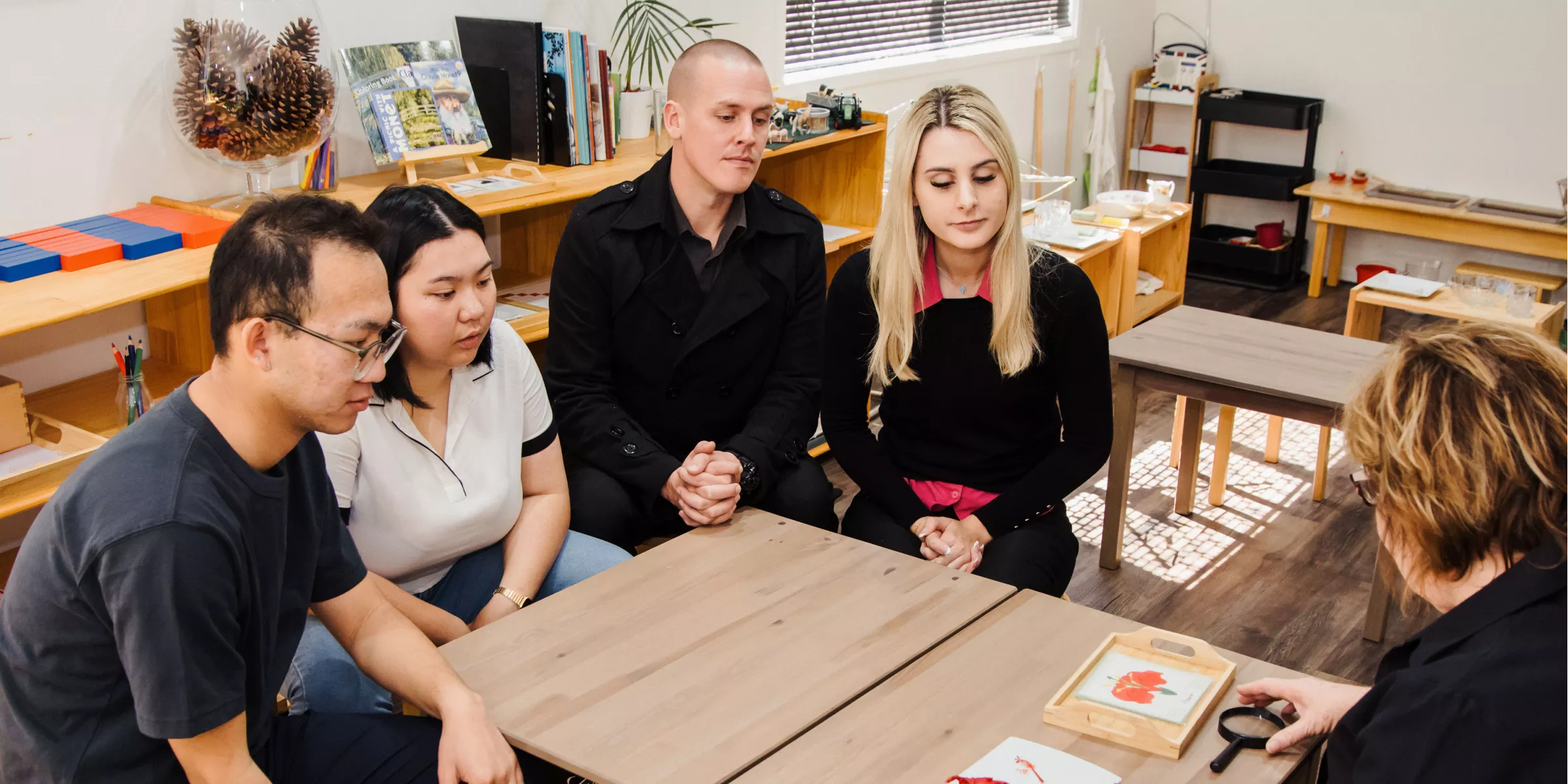If you are interested in becoming a Montessori Educator, you must first research and learn about the method in detail. Only if you can really understand and appreciate the Montessori method should you attempt to become an educator in this field. This will reqtamaris myggia tally weijl shorts air max plus laser blue nike zimne boty nike sunray protect 37 veste moto toute saison amazon harmont&blaine alpargatas vflex legging nike rose zimski škornji alpina la milanesa borse nuova collezione 2023 porte manteau canac air jordan 4 military black vaude bagage nike airmax plus fff uire a lot of work and research, but it is well worth it for those who are passionate about this philosophy.
The Montessori philosophy was developed by Maria Montessori
The Montessori method was developed by Maria Montessori, an Italian physician and educator who lived from 1870 to 1952. Born in Chiaravalle, Italy, she studied medicine at the University of Rome and graduated with a degree in psychiatry. She moved to Rome, where she worked at a psychiatric hospital and became interested in how children learn. She saw that children had a great ability for learning but that their natural curiosity was often frustrated by school settings that were too structured or old-fashioned methods of teaching.
In 1907, Montessori began developing her own method of education called “the scientific approach to preschool education,” which emphasized individual attention and self-motivation through engaging activities based on the child’s interests rather than external pressures such as grades or exams. Her classroom would be filled with materials designed to encourage independence while providing guidance when needed—everything from blocks and building materials (like LEGOs) to sensory toys like sandpaper letters so they could practice writing skills without being forced into it at every turn
The Montessori method is a great way to educate children
While you may be tempted to grab a Montessori guidebook and dive straight into teaching, we recommend that you take another look at the philosophy. The Montessori method is a great way to educate children, but it’s also an opportunity for adults to learn how to let go of their own preconceptions about teaching.
Montessori centres often claim that they’re “child-centred,” but what do they mean by this? In short: children are encouraged to learn through exploration; they learn by doing; they are encouraged to work independently; they are given choice over what they want to do in class (within reason), and they can choose their own learning activities within certain parameters set out by the Educator.
What do you need to become a Montessori teacher?
An early childhood qualification such as Certificate III in Early Childhood Education and Care, Diploma of Early Childhood Education or an Early Childhood Bachelor’s degree is required for anyone interested in working as an Educator.
You will also need a Diploma of Montessori Early Childhood Education.
The diploma program is designed to provide students with advanced knowledge of Montessori pedagogy (the practice of teaching), as well as practical skills needed to become a successful educator.
There are also workshops and other forms of continuing education available for Montessori Educators.
Children in Montessori classrooms are self-motivated and often choose to work independently rather than in groups.
Montessori educators are encouraged to let children follow their own interests and rarely intervene unless a child asks for help. It’s also important that the environment is set up so that each child has access to the materials they need at any given time, which means they must be stored in an organized manner (but not in such a way that it becomes too much of a challenge).
Most importantly, Montessori centres are designed with materials intended for multiple ages of children. Children will naturally begin working alongside one another before long!
In addition to providing opportunities for independent learning and self-motivation within the classroom space itself, the Montessori curriculum encourages creativity outside of its walls as well by exposing students’ hands-on experience with tools like hammers and saws so they may better understand how things work together outside those walls as well.
What do you teach in a Montessori centre?
A breadth of subjects are taught to children in the classroom, including language, math, sensorial, grace and courtesy as well as the cultural arts such as geography, biology and music.
The method emphasizes learning through play and exploration, and it promotes independence, self-motivation, responsibility and respect for others.
Teachers also use concrete materials — toys that look like miniature versions of real things such as animals or musical instruments — so children can interact with them more easily than they could with actual objects.
You are there to guide, not to direct
It is important that educators do not direct students toward what should be done; instead, they guide them based on their interests.
If a student is interested in drawing pictures, the educator may suggest that he or she uses a ruler or straight edge to make lines. The educator might also ask the child what he or she would like to draw and then offer suggestions for how the child could create it.
Conclusion
If you’re interested in becoming a Montessori educator, it’s important to understand the philosophy behind this method of education. The Montessori method is a great way to educate children and give them an opportunity to learn from their own curiosity and interests. Anyone interested in becoming a Montessori educator can find more information about the available educational paths under the “courses” menu point on our website.


